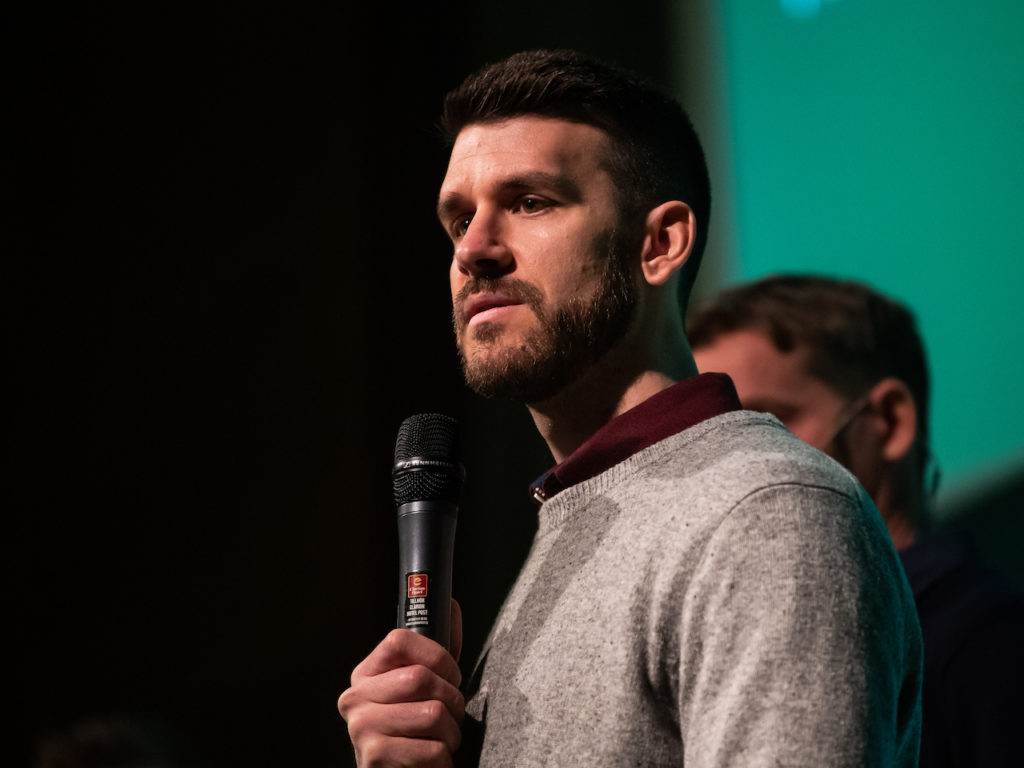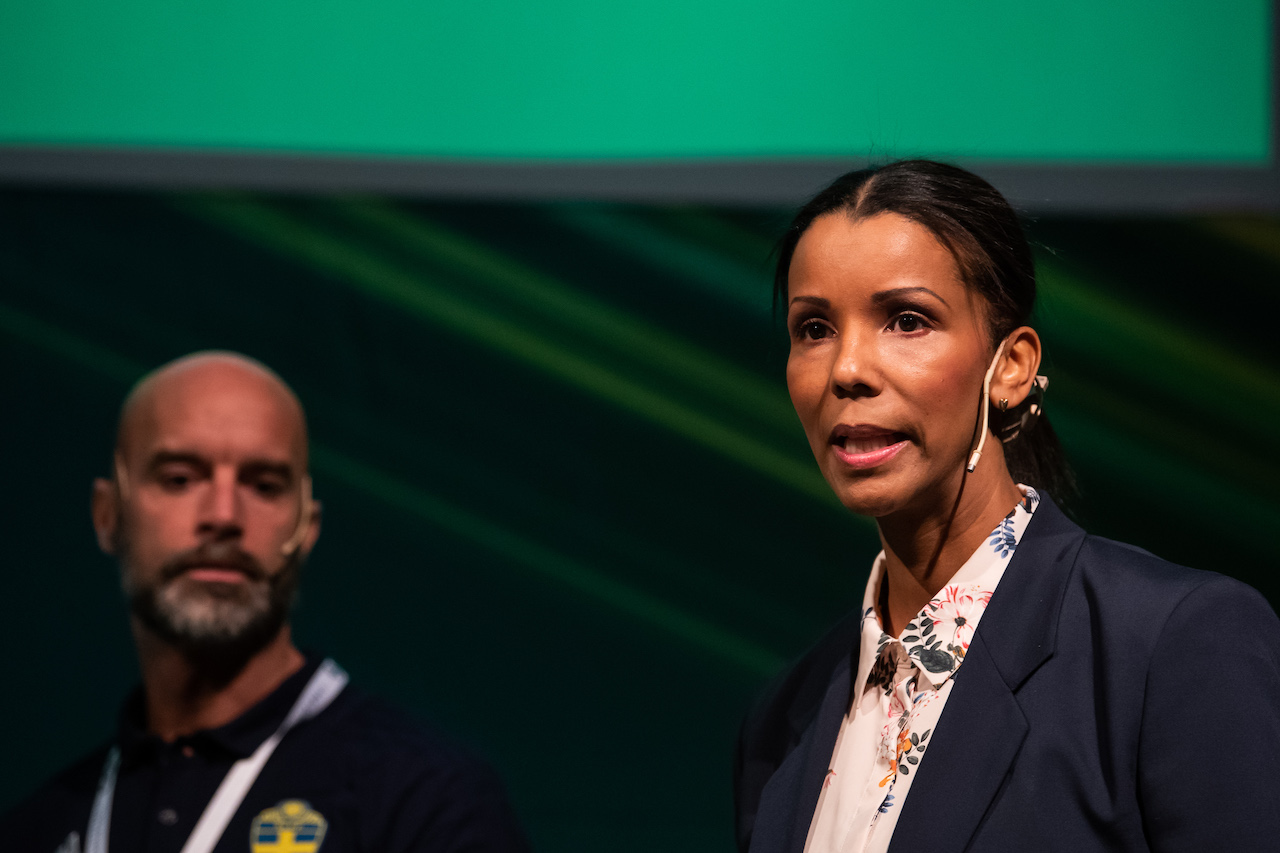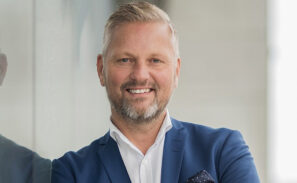The Varberg BoIS goalie Matt Pyzdrowski made a strong appearance on the launch meeting of Superettan when he revealed his mental problems caused by football and that there are many others with these kind of problems.
”As a league, we have a responsibility towards our clubs. We can do more and, above all, we want to do more”, says Beatrice Clarke, CSR manager at Swedish Professional Football Leagues.
Matt Pyzdrowski revealed that he has been feeling mentally ill for a long time and that he has been keeping his problems for himself. It all started when his former club Helsingborg’s IF was relegated from Allsvenskan and Matt had to leave the club. The year after his new club Varberg’s BoIS also had a difficult time the 32-year-old American sank deeper into his depression.
Today, Matt Pyzdrowski is feeling better. He is on sick leave from football, but he still has a long way to go before he can return to the game.
”I used to accuse myself but now I realize how many people that actually are having these problems. It makes me sad. We must be able to talk about it and we need to know that there will be no consequences when doing it. That is the only way we can build a better culture to prevent this from happen again”, says Matt.

Varbergs målvakt Matt Pyzdrowski under upptaktsträffen för Superettan den 25 mars 2019 i Göteborg.
Foto: Mathias Bergeld / BILDBYRÅN / Cop 200
Matt Pyzdrowski also said he had self-destructive thoughts.
”I want to play football. I love football but this time it almost costed me my life”.
Swedish Professional Football Leagues has preventing mental illness as a priority work. Beatrice Clarke, who is CSR Manager, says that she has been in contact with Matt Pyzdrowski for some years, but also other players who have been open with their mental illness.
”Matt’s experience is invaluable for us. Since last autumn, we have worked on developing one of several programs for mental illness in elite football. When role models and ambassadors dare to step up and tell, even better conditions are created on the tasks we are facing. It is an extremely important and prioritized part of my work”, says Beatrice Clarke.
Beatrice says that Swedish Professional Football Leagues must meet the challenges that come with professional football, become more open about the fact that it is allowed to talk and lift a bad mood along with behaviors that are unhealthy.
”We build educations with methods that the clubs can work with themselves. We are also having national educations where we physically meet the club staff, their youth team players and their first team players in their own home town. That players and a strong role model like Matt dare to step forward and tell us about his problems is invaluable. It gives me information for methods because Matt is representative of the issue. At the end of the day our players are ordinary people who feel, know and act like any other human being. As a league, we have a responsibility towards our clubs. We can do more and we want to do more”, says Beatrice Clarke.















